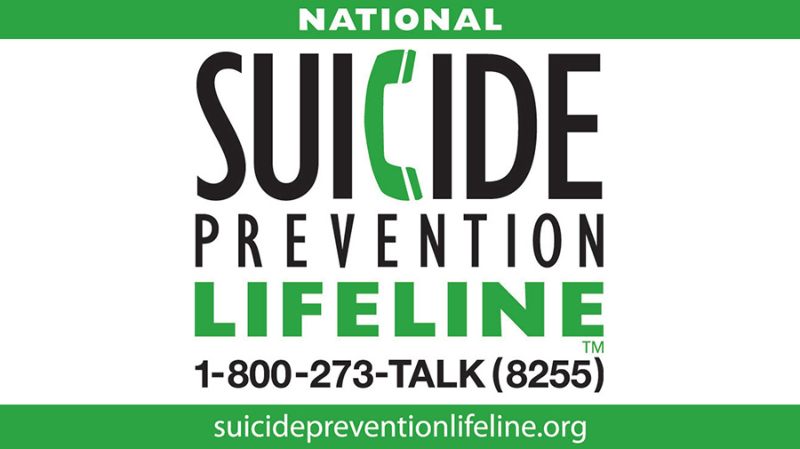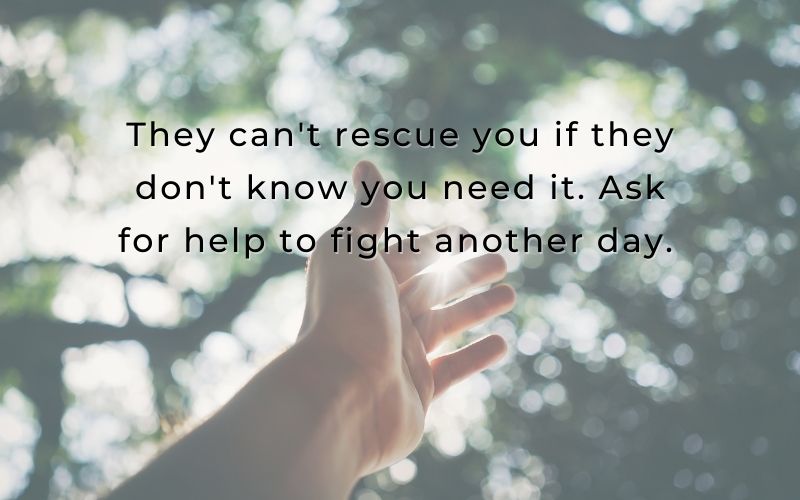So, what is World Mental Health Day? On October 10th, people around the world come together to talk about mental wellbeing and lessen the stigma surrounding it.

Veterans, you are not alone if you’re dealing with anxiety, PTSD, or any other mental health issue. Nearly 50 million Americans struggle with mental health, making it a common issue. However, the unique struggles Veterans face daily can make it challenging to bring up in conversation with doctors or loved ones. It’s well worth pursuing therapy for Veterans, though for some it can feel intimidating.
World Mental Health Day provides us with the opportunity to break the stigma around mental health and bring shadows into the light. It’s time to have these conversations and discover resources to get you the support you need.
How Mental Health Impacts Veterans

For Veterans returning home, your next battlefront may be mental health.
It is the responsibility of the community to provide a safe space to talk about the challenges you’re facing. They are real, valid, and critical to your well-being.
It’s important to know that the feelings and experiences you may be dealing with on a daily basis are more common than you think—many Veterans have emotional stress that impact their relationships and daily activities. Roughly 1 in 5 Veterans experience mental health issues, including PTSD. However, only 12% of Veterans actively use mental health care resources. Considering that roughly 10–20% of PTSD cases can escalate to the point of debilitating symptoms, it’s more important than ever to seek help for mental health.

How Do I Bring Up My Concerns to My Doctor?

Reaching out to your support system, discussing your symptoms, and asking for help are the first steps toward recovery.
The thought of bringing up your mental health concerns with your doctor is important for your quality of life. They are there to provide a safe, empathetic space to talk and are equipped with the resources to help you through this.
Choosing to have a conversation with your doctor about your emotional wellbeing can be a life-changing decision. Though you may think all you need is time to heal your emotional wounds, the afflictions you’re experiencing rarely go away on their own.

Discussing Your Symptoms with Your Doctor
If you’re experiencing any of the following symptoms, bringing them up to your doctor can start the conversation.
- Thinking negative thoughts about yourself
- Having frequent anxious feelings
- Losing your appetite
- Experiencing irritability or mood swings
- Having difficulty with daily activities
- Finding yourself sleeping too little or too much
- Struggling with concentration
- Hearing or seeing things that aren’t there

Questions to Ask Your Doctor During Your Appointment

Once you start the conversation, continuing to open up about your struggles can be difficult.
It may be helpful to prepare some questions to ask your doctor so you can address all of your concerns.

The Military mental health stigma can feel very real, but help is within reach. Your doctor is there to provide resources for your benefit, so don’t be afraid to ask questions and voice your concerns. Here are a few to get you started:
- What type of mental health issue might I be struggling with?
- How do you treat this issue?
- Why can’t I get over this by myself?
- How do I know if I really need therapy?
- Where can I find out about different therapies?
- How do I find a therapist?
- What can a therapist do for me?
- How long will treatment take?
- What can I do on my own to help the process?
- Do you have any printed materials I could look over?

Contact Telemedica Today to Learn How We Can Help
You’re in good company. Let’s celebrate World Mental Health Day together. We can all work toward breaking the stigma surrounding mental health conversations, especially for Veterans and those on active duty.
Telemedica’s staff is happy to support you in making these conversations easier. Our team can help facilitate the conversation between you and a doctor who will guide you through the process. Contact us today to learn more.

























































